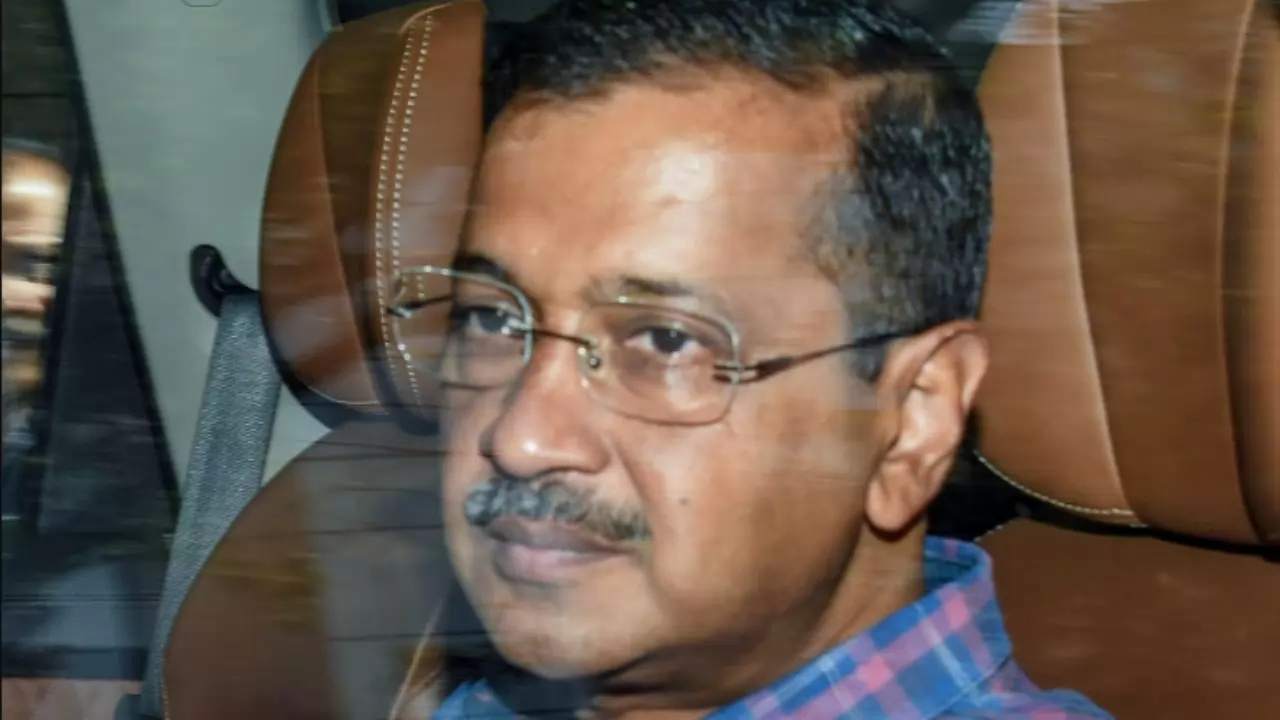
ANI
The Enforcement Directorate on Thursday opposed the interim bail to Delhi Chief Minister Arvind Kejriwal in a money laundering case. The statement from the investigation agency comes a day before the Supreme Court is scheduled to hear his interim bail plea.
The investigation agency has filed an affidavit in the top court, opposing Kejriwal’s request, saying that the right to campaign for elections was not among ‘fundamental rights.’ The Deputy Director of ED, Bhanu Priya has filed the affidavit. The probe agency further asserted that no politician could be arrested and kept in judicial custody if they were granted interim bail for poll campaigning.
ED further underlined that different elections take place at different times and if interim bail is granted to all the politicians for poll campaigning then no politician can be kept in judicial custody.
It is worth noting that the bench of judges headed by Justice Sanjiv Khanna on Tuesday said that it may pass the order of interim bail to Kejriwal on Friday. However, it further highlighted that Kejriwal would not be allowed to discharge any official duties as chief minister if granted bail.
Responding to the same Solicitor General Tushar Mehta representing ED, emphasized, “How a chief minister can be treated differently from ordinary citizen.” “There can’t be any deviation only because he is chief minister. Would campaigning for elections be more important”, he added.
Delhi excise policy case: Enforcement Directorate files affidavit in Supreme Court opposing interim bail to Delhi Chief Minister Arvind Kejriwal.
— ANI (@ANI) May 9, 2024
ED says politicians can claim no special status higher than that of an ordinary citizen and are as much liable to be arrested and…
"We are dealing with the Chief Minister of Capital, and he has avoided summons for six months," the Solicitor General continued. Kindly refrain from making an exception since it will demoralize the average person and demonstrate that you would gain benefits if you hold a position of authority."
The High Court had stated that Kejriwal's refusal to comply with nine ED summonses issued over six months cast doubt on his claims to special privilege as Chief Minister and said that his detention was a necessary result of his lack of cooperation.
In connection with a money laundering investigation into purported anomalies in the since-canceled Delhi excise policy 2021–2022, Kejriwal was detained by the ED on March 21.
Kejriwal will stay in custody till May 20. The order was passed by Special Judge Kaveri Baweja after the hearing.





Copyright © 2026 Top Indian News
